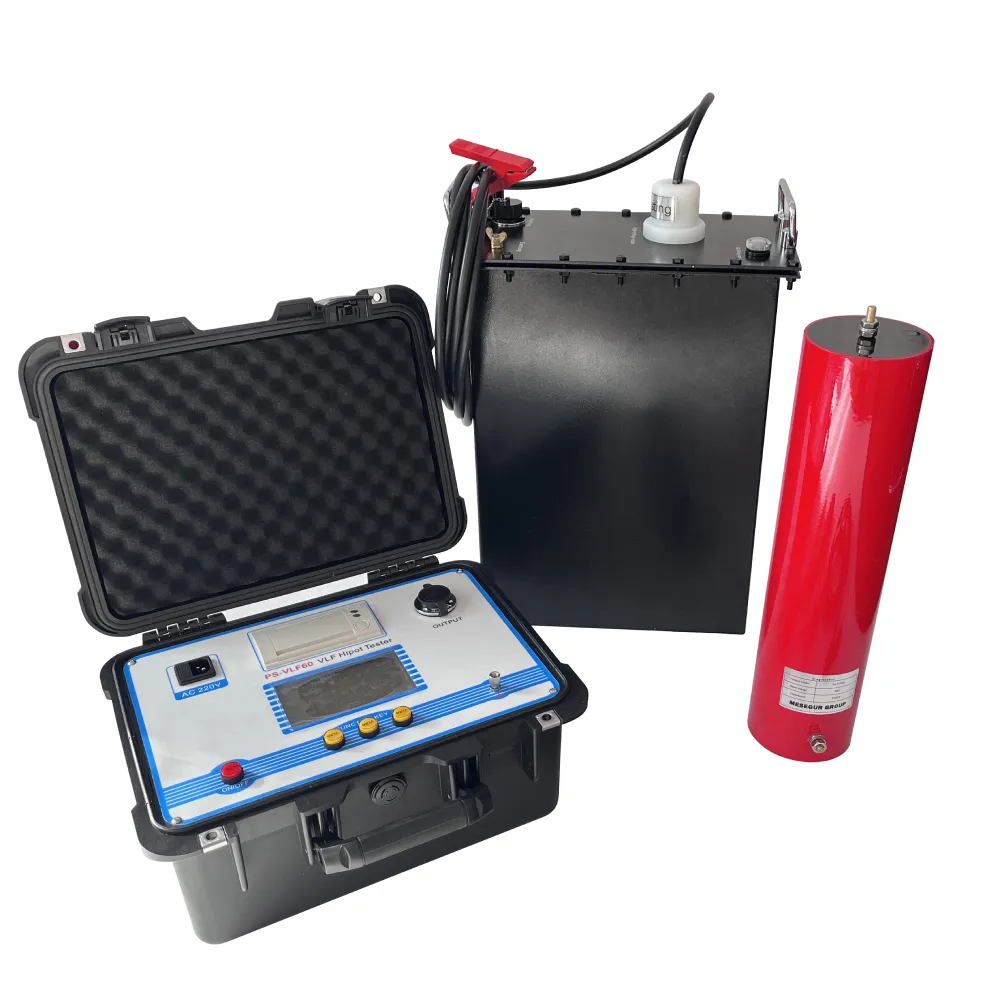TEL:
+86-0312-3189593
 English
English

Telephone:0312-3189593

Email:sales@oil-tester.com

-
 Afrikaans
Afrikaans -
 Albanian
Albanian -
 Amharic
Amharic -
 Arabic
Arabic -
 Armenian
Armenian -
 Azerbaijani
Azerbaijani -
 Basque
Basque -
 Belarusian
Belarusian -
 Bengali
Bengali -
 Bosnian
Bosnian -
 Bulgarian
Bulgarian -
 Catalan
Catalan -
 Cebuano
Cebuano -
 China
China -
 China (Taiwan)
China (Taiwan) -
 Corsican
Corsican -
 Croatian
Croatian -
 Czech
Czech -
 Danish
Danish -
 Dutch
Dutch -
 English
English -
 Esperanto
Esperanto -
 Estonian
Estonian -
 Finnish
Finnish -
 French
French -
 Frisian
Frisian -
 Galician
Galician -
 Georgian
Georgian -
 German
German -
 Greek
Greek -
 Gujarati
Gujarati -
 Haitian Creole
Haitian Creole -
 hausa
hausa -
 hawaiian
hawaiian -
 Hebrew
Hebrew -
 Hindi
Hindi -
 Miao
Miao -
 Hungarian
Hungarian -
 Icelandic
Icelandic -
 igbo
igbo -
 Indonesian
Indonesian -
 irish
irish -
 Italian
Italian -
 Japanese
Japanese -
 Javanese
Javanese -
 Kannada
Kannada -
 kazakh
kazakh -
 Khmer
Khmer -
 Rwandese
Rwandese -
 Korean
Korean -
 Kurdish
Kurdish -
 Kyrgyz
Kyrgyz -
 Lao
Lao -
 Latin
Latin -
 Latvian
Latvian -
 Lithuanian
Lithuanian -
 Luxembourgish
Luxembourgish -
 Macedonian
Macedonian -
 Malgashi
Malgashi -
 Malay
Malay -
 Malayalam
Malayalam -
 Maltese
Maltese -
 Maori
Maori -
 Marathi
Marathi -
 Mongolian
Mongolian -
 Myanmar
Myanmar -
 Nepali
Nepali -
 Norwegian
Norwegian -
 Norwegian
Norwegian -
 Occitan
Occitan -
 Pashto
Pashto -
 Persian
Persian -
 Polish
Polish -
 Portuguese
Portuguese -
 Punjabi
Punjabi -
 Romanian
Romanian -
 Russian
Russian -
 Samoan
Samoan -
 Scottish Gaelic
Scottish Gaelic -
 Serbian
Serbian -
 Sesotho
Sesotho -
 Shona
Shona -
 Sindhi
Sindhi -
 Sinhala
Sinhala -
 Slovak
Slovak -
 Slovenian
Slovenian -
 Somali
Somali -
 Spanish
Spanish -
 Sundanese
Sundanese -
 Swahili
Swahili -
 Swedish
Swedish -
 Tagalog
Tagalog -
 Tajik
Tajik -
 Tamil
Tamil -
 Tatar
Tatar -
 Telugu
Telugu -
 Thai
Thai -
 Turkish
Turkish -
 Turkmen
Turkmen -
 Ukrainian
Ukrainian -
 Urdu
Urdu -
 Uighur
Uighur -
 Uzbek
Uzbek -
 Vietnamese
Vietnamese -
 Welsh
Welsh -
 Bantu
Bantu -
 Yiddish
Yiddish -
 Yoruba
Yoruba -
 Zulu
Zulu
يناير . 29, 2025 01:04
Back to list
transformer test
Exploring the world of transformer testing can be an enlightening journey for anyone interested in electrical engineering or maintenance. Transformers, as crucial components in electrical distribution networks, require precise and reliable testing to ensure their optimal performance and longevity. This article delves into the nuances of transformer testing, highlighting various types of tests and the importance of qualified expertise in the field.
The Role of Expertise in Transformer Testing Conducting transformer tests requires a comprehensive understanding of both electrical theory and the practical aspects of testing equipment and protocols. Qualified professionals possess the knowledge to not only perform accurate tests but also interpret results. Misinterpretation can lead to incorrect assessments, potentially compromising transformer reliability. With advancements in digital testing technologies, expertise in modern testing equipment has become increasingly important. Devices now offer automated processes, sophisticated data analysis, and remote diagnostic capabilities. However, the subtle nuances in data require expert analysis to draw meaningful conclusions and recommend appropriate actions. Building Trust Through Authoritative Testing Practices Trustworthiness in transformer testing is cultivated through adherence to international standards such as IEC 60076, and IEEE C57. Knowledge of these standards assures stakeholders that testing procedures align with global best practices. Moreover, involvement in continuous professional development and certifications bolsters credibility and trust in a testing professional's capabilities. Service providers should emphasize transparency in their practices, offering clients complete data documentation and understandable interpretations of results. This transparency, combined with a track record of successful problem identification and resolution, will solidify their authoritative position in the industry. Conclusion The importance of transformer testing cannot be overstated, given the critical role transformers play in power systems. Understanding the different types of tests and ensuring they are performed by qualified personnel is fundamental to maintaining system integrity and preventing failures. By aligning testing practices with international standards and embracing modern technologies, professionals in this field can provide reliable, authoritative, and trustworthy services, ultimately leading to safer and more efficient power systems for everyone involved.


The Role of Expertise in Transformer Testing Conducting transformer tests requires a comprehensive understanding of both electrical theory and the practical aspects of testing equipment and protocols. Qualified professionals possess the knowledge to not only perform accurate tests but also interpret results. Misinterpretation can lead to incorrect assessments, potentially compromising transformer reliability. With advancements in digital testing technologies, expertise in modern testing equipment has become increasingly important. Devices now offer automated processes, sophisticated data analysis, and remote diagnostic capabilities. However, the subtle nuances in data require expert analysis to draw meaningful conclusions and recommend appropriate actions. Building Trust Through Authoritative Testing Practices Trustworthiness in transformer testing is cultivated through adherence to international standards such as IEC 60076, and IEEE C57. Knowledge of these standards assures stakeholders that testing procedures align with global best practices. Moreover, involvement in continuous professional development and certifications bolsters credibility and trust in a testing professional's capabilities. Service providers should emphasize transparency in their practices, offering clients complete data documentation and understandable interpretations of results. This transparency, combined with a track record of successful problem identification and resolution, will solidify their authoritative position in the industry. Conclusion The importance of transformer testing cannot be overstated, given the critical role transformers play in power systems. Understanding the different types of tests and ensuring they are performed by qualified personnel is fundamental to maintaining system integrity and preventing failures. By aligning testing practices with international standards and embracing modern technologies, professionals in this field can provide reliable, authoritative, and trustworthy services, ultimately leading to safer and more efficient power systems for everyone involved.
Previous:
Next:
Latest news
-
Exploring the Main Types of Industrial Endoscopes and Their Applications Across IndustriesNewsJul.04,2025
-
Testing Equipment Industry Sees Major Advancements in 2025: Smart & Precision Technologies Lead the WayNewsJun.06,2025
-
Applications of Direct Current Generators in Renewable Energy SystemsNewsJun.05,2025
-
Hipot Tester Calibration and Accuracy GuidelinesNewsJun.05,2025
-
Digital Circuit Breaker Analyzer Features and BenefitsNewsJun.05,2025
-
Benefits of Real-Time Power Quality Monitoring Devices for Industrial EfficiencyNewsJun.05,2025



